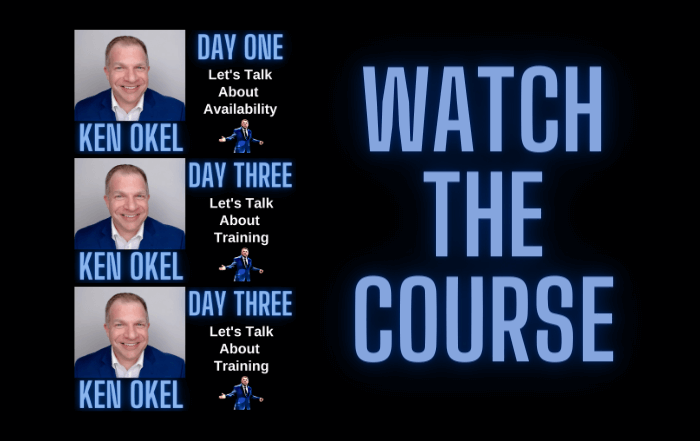 Have modern video games affected our ability to overcome challenges in the real world? In these games, when you run out of lives, you’re given a chance to hit the “reset” button.
Have modern video games affected our ability to overcome challenges in the real world? In these games, when you run out of lives, you’re given a chance to hit the “reset” button.
This allows you to continue the game at a level close to where you just “died.” You’re not forced to start from the beginning.
For some players, failure has become a strategy. You sacrifice lives to learn things about the game and then continue.
The reset button represents a shift in how we think while at play. In sports, a team may not score on a possession but it will likely have another opportunity very soon. But in these contests, there’s an important variable: The clock. Failure has a consequence. You don’t have an unlimited amount of time to score.
But in video games, we’ve learned that you can complete the game in a day, a week, or a month and there’s no difference. Success is a mental war of attrition against a computer programmer.
What’s wrong with this you may wonder?
We’ve become comfortable with failure and it’s changed the way we approach challenges.
This can create problems, because in life, there are no reset buttons. If you screw up a presentation at work, then you live with the consequences. You don’t get another shot right away. There may be future opportunities to perform better but they won’t be the same.
We’ve forgotten that for many challenges, you have one chance to get it right. When faced with a problem, you need to be able to quickly consider your experience, find solutions, and then commit to one.
It’s all about performing under pressure. You don’t have a chance to try one strategy, stop, and then start over. There’s great value in being able to do what it takes to Clear the Path to success and then execute.
One button may have cost us our competitive edge. And a lot of us have spent countless hours pressing it again and again.



